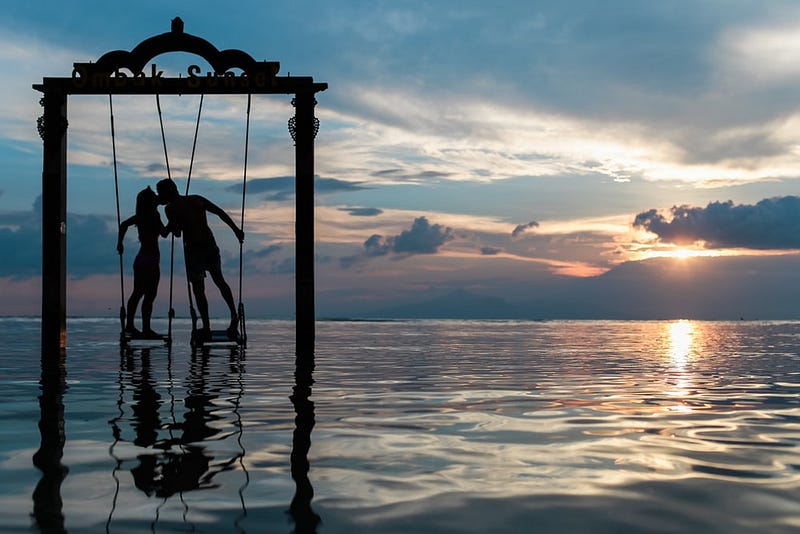Why is it so hard to date in 2020?
What changed, where we went wrong, and the things we could have made better about the dating scene

What changed, where we went wrong, and the things we could have made better about the dating scene
Have you ever wondered why it is so hard to date someone in 2020? As a teenager or 20-something floundering through life, why is it so difficult to find a partner suited to our whims and fancies? Are we ever going to be satisfied?
This article is an intimate look into a millennial's mind and an in-depth analysis of what makes us so un-date-able.
Expressing love is a big no-no
Millennials often ‘measure out love’ — as if it is a constant competition to establish which partner cares the least in a relationship. They are so afraid that the other person might get ‘scared’ by their display of affection, they keep it all bottled up, never able to fully express to their partners the extent of their emotions.
The rule of threes
Wait at least three days before calling her up after the hook-up. Leave his message on “seen” for three minutes before sending a reply. These, and other forms of the rule of threes, are very common among millennials. Technology and the internet have made it easy for people to reply to any form of electronic conversation almost instantly, but the need to appear “busy” or appear “important” stops people from doing so.
No goodbyes
Gone are the days of saying bye, or even sparing a moment for composing a proper break-up message. Millennials these days have found an easier and more effective way — ghosting. In layman’s terms, it is when they will block a person on all social media profiles, stop picking up their calls, and expect the other person to take a hint and “move on”. Sounds harsh? What’s worse, an entire generation of people have resigned themselves to accepting such behaviour as “normal”.
Sex is easily available
Sex is no longer an expression of love. Rather, in the hook-up culture of today, sex is the quagmire our desires lead us to. It is available as easily as the right-swipe of an app on your phone. The zero-effort invested in getting to know a person before getting in bed with them has left millennials unable to invest time and effort in a partner. After all, why would one get into a relationship if they can fuck first, fuck off later?
Sky-high expectations
Popular culture and social media have led millennials to believe that any relationship that needs to be ‘fixed’ isn’t a relationship at all. Instead of working on their own or their partner’s flaws, people these days prefer giving up on a person for a single mistake and then look for someone to ‘replace’ them. Of course, the new person would have a flaw that is a deal-breaker too, and in no time, someone else will come along to fill the void. Caught up in such a vicious cycle and refusing to build a relationship, can one be ever satisfied?
The journey more satisfying than the destination?
In a time when dating options are as easily available as the food delivered to our doorsteps, have millenials lost the ability to “settle down”? In this never-ending search for perfection and the constant need to look for the “next” partner, has the journey indeed become too addictive to give up and settle on one person for the rest of their lives?
Self-love is the new trend
With thousands of daily articles focusing on “loving oneself”, have millenials become too content with themselves? After all, who needs a partner to cuddle with when consumerism will sell them a spring mattress, a myriad of squishy cushions and a never-ending stream of movies on their favourite data-streaming website? It is easy to get caught up with the satisfaction of letting things be as they are, especially when letting someone into our lives seems like such a chore.
Lack of accountability
Self-love is wonderful. Everyone should strive for it. But where does one draw the line between loving oneself and hurting others? Or worse still, what if the only way to love oneself is to hurt your partner? This lack of accountability simply gives people an excuse to walk about breaking hearts as if they are entitled to it. There is no need to apologize — the pain they inflict on others is not their problem; it is the other person’s.
